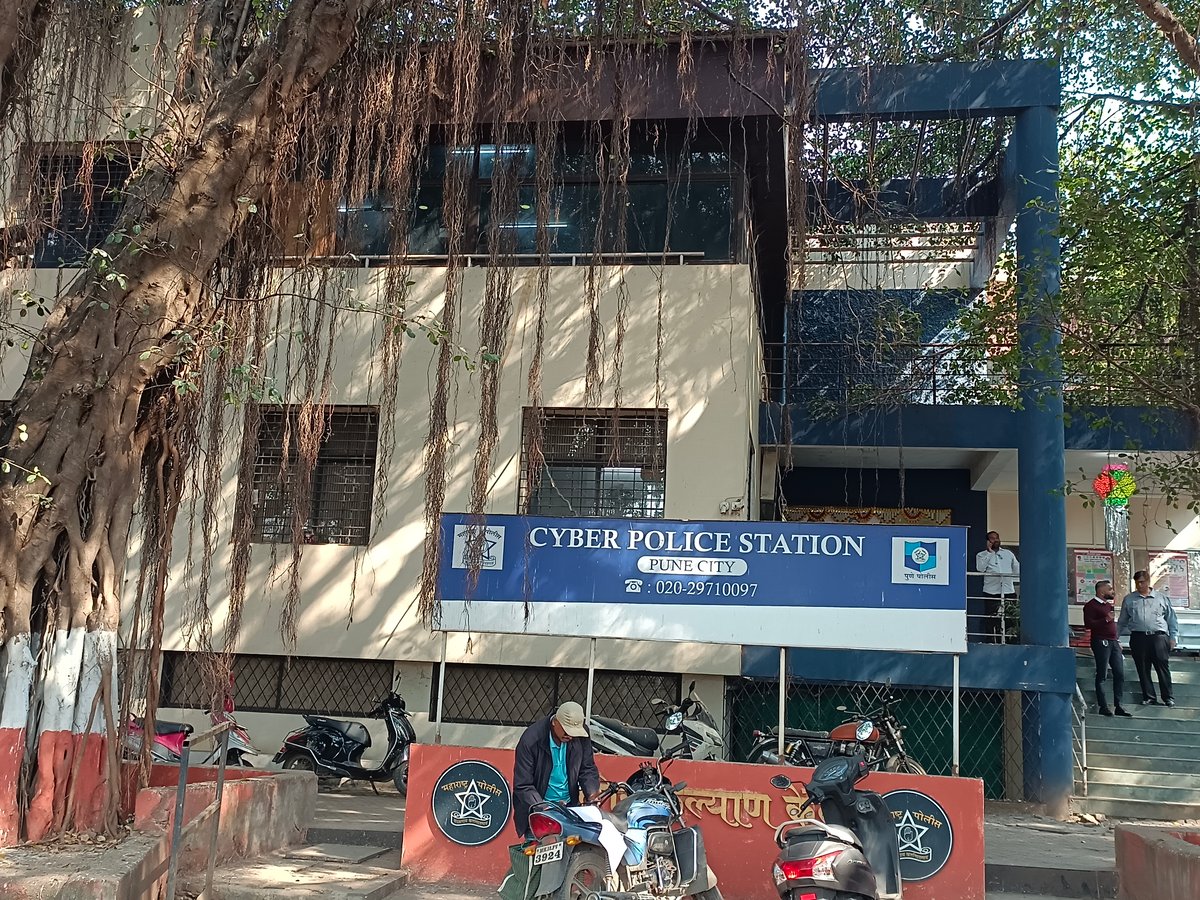Pune Sees Surge in Cyber Fraud Cases: 1,398 Registered in 2024, Over 1,500 Complaints Pending |
Earlier known as one of the major education hubs in India, Pune has lately become a hotspot for cyber fraudsters. The city sees a rise in online fraud cases, and Punekars lost more than Rs200 crore in 2024 alone. Moreover, there has been a noticeable shortfall in the arrest rate in cyber fraud cases—a meagre 1.36% in 1,398 cases, data shows.
A total of 1,398 cyber fraud cases have been registered in 2024, compared to 292 such cases registered in 2023. More than 1,500 complaints are still pending—on the waiting list—or have yet to be registered.
Despite the sharp rise in complaints, the police have been struggling to bring offenders to justice, with only 19 arrests so far. This highlights the challenges law enforcement faces in tackling the increasingly sophisticated world of cybercrime.
According to police officials, it takes a lot of time to trace the criminals and the stolen amount and freeze the bank accounts, as many of these scammers operate outside the state. They believe this is one of the reasons behind the low arrest rate.
Speaking to The Free Press Journal (FPJ) regarding the challenges, Suresh Shinde, a senior inspector of Cyber Police Station, informed that the cases are increasing regularly as fraudsters continue using multiple tactics to trap their victims.
27 types of cyber frauds with diff modus
“There are more than 27 types of cyber fraud with different modus which have appeared. We have recovered Rs10.43 crore and froze Rs14.56 crore. The cases are under investigation; it took time to analyse the bank accounts, track the mobile numbers and freeze accounts. Moreover, the accused belong to other states such as Bihar, West Bengal, Uttar Pradesh, Rajasthan, etc,” Shinde told the FPJ.
Regarding the trend of cyber fraud under the guise of digital arrest, Shinde highlighted, “Scammers initiate video calls on platforms like Skype or WhatsApp, impersonating officials from agencies such as the Maharashtra Police, Central Bureau of Investigation (CBI), Narcotics Control Bureau (NCB), or Customs. They use uniforms, props like government flags, agency logos, and even background sounds like VHF radio chatter to make the calls appear authentic.”
While the arrest rate remains low, Shinde calls upon the people not to panic when they receive random calls and urges them to report the matter quickly to the police.
“We urged the citizens not to worry about any fake caller posing as police or class one officer. People need to verify the random call. Police never ask for money. If any such unwanted transactions have been made, report it to the bank and nearby police station as soon as possible,” he appealed.
